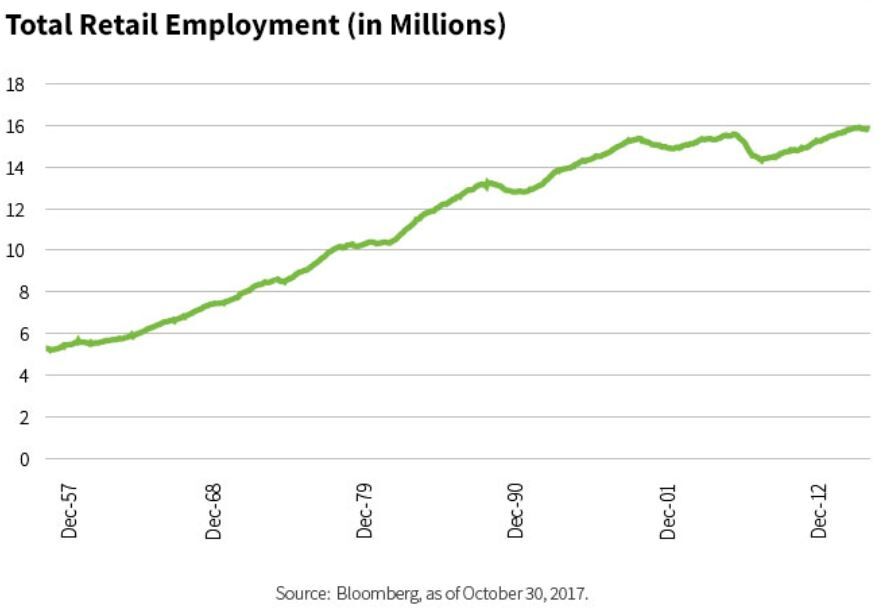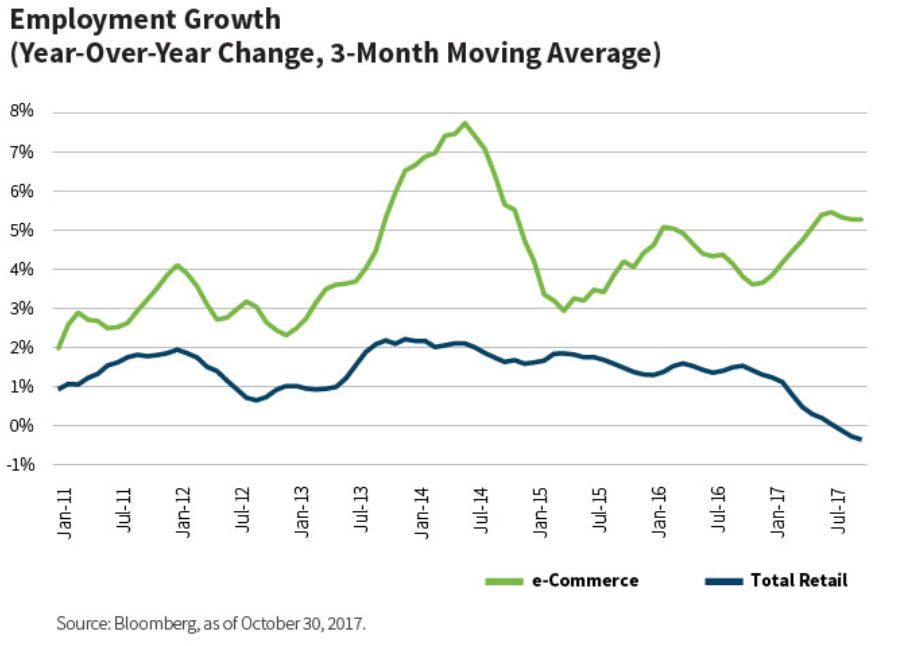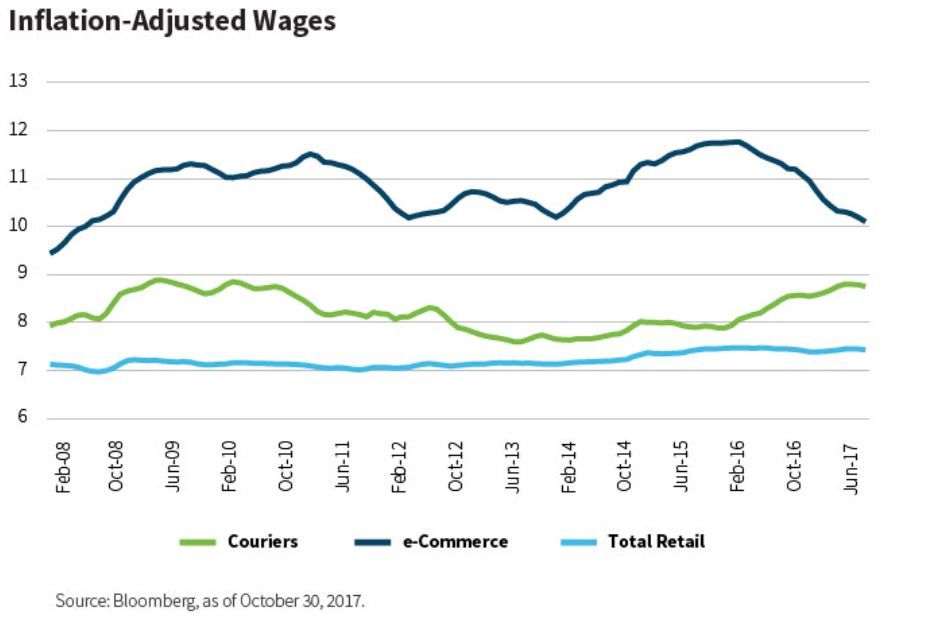
In an earlier post, I explained how artificial intelligence is disrupting existing business models, placing new demands on infrastructure, and even breaking down societal institutions. But as excited as I am about artificial intelligence, I do not want to overhype it. There are definitive and lasting limitations.
For example, machines trained to perform detail-specific tasks already perform better than humans. But their knowledge does not generalize. A machine may perform one task well, but that does not mean it will perform 10 other tasks well. There is something in the human brain that will not go away anytime soon.
Pablo Picasso expressed it as, “[Computers] are useless. They only give you answers.” We do not believe that computers are useless, but agree that they cannot pose questions—and progress, throughout history, has been driven by questions—by people probing for the next exciting topic to explore. So entrepreneurs, innovators, scientists, and creators will continue to prosper.
Technology will simply help answer their questions and free them to begin asking new ones.
Robots also cannot replace human connection. You may have seen Sophia, the latest empathetic robot, in YouTube videos. Clearly, robots today can recognize the human state—whether we are happy or sad—increasingly well. But they can do little to change that state. We are a social species: we rely on others to motivate us, shame us, propel us forward. That, certainly, will remain in the purview of human endeavors.
U.S. retail, one of the first industries to be disrupted by artificial intelligence, provides a good example of how unlikely humans are to be replaced by machines is.
1. Employment in U.S. retail is at a seven-decade high, as the chart below illustrates.
2. Employment in e-commerce sectors—those supposedly dominated by artificial intelligence—is growing much faster than general retail.
3. Despite rapid employment growth in e-commerce, we are also seeing significantly higher wage growth compared to general retail.
This suggests however mechanized a retail company is, it still relies on people, and these people are much more productive than they would be in the absence of the machines. Thus, machines will not make us redundant, but will enhance our capabilities and make us more productive.
Olga Bitel
Global Strategist
William Blair Investment Management
Tipp: Dieser Beitrag ist auch im "Investment Insights"-Blog von William Blair verfügbar.
William Blair Updates per E-Mail erhalten
Weitere beliebte Meldungen:










